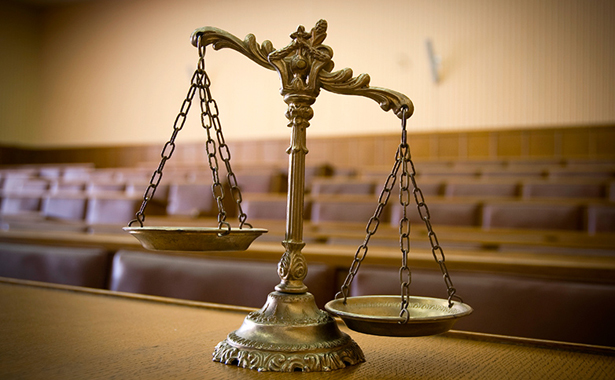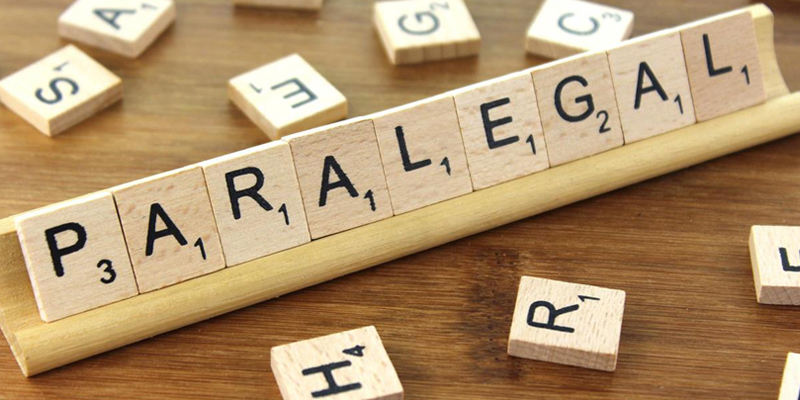Contents
What do Paralegals do?
Being a paralegal is a challenging, but rewarding career. You help lawyers with their cases and take on responsibilities that range from administrative to legal. But as any aspiring paralegal knows, there are rules of conduct that you need to follow along the way. These rules are designed to protect both clients and your fellow paralegals by ensuring that everyone maintains the high standard of excellence that’s expected in this profession. While upholding these standards can be difficult sometimes, following them will keep you safe and hopefully make you feel good about yourself!
The Rules of Conduct
Paralegals have a duty to uphold the paralegal rules of conduct. The rules are designed to protect clients and the legal system, and they are in place for good reason.
As a paralegal, you have an obligation to follow all applicable laws and regulations related to your profession. Your actions can have serious consequences for yourself, for other professionals involved in your case, and even for those who might be affected by your actions later on (like future clients).
Not Knowing Your Duties as a Paralegal Can Get You in Trouble
As a Paralegal, you have an ethical obligation to uphold the rules of conduct. This means that when you sign up for this job, it’s not just a job where you can do anything and everything without consequences; there are certain things that will get you fired if they happen on the clock.
What are the Paralegal Rules of Conduct?
The American Bar Association (ABA) has established rules of conduct for paralegals. These guidelines are meant to serve as a moral compass for the profession, and they’re enforced through disciplinary action in case of violation.
If you’re a paralegal who works directly with lawyers, there’s no need to worry about these rules since your employer will make sure that you follow them on the job. But what if your job requires working in an office where all employees are considered paralegals? Or what if you work as an independent contractor who doesn’t have direct supervision from another person? In such cases, it’s up to you as an individual professional responsible for upholding ethical standards within your industry.
The American Bar Association (ABA)
The American Bar Association (ABA) is responsible for creating and maintaining standards of conduct.
The ABA’s Model Rule 1.1 Requires that You Conduct Yourself “Competently and with Reasonable Skill.”
The ABA’s Model Rule 1.1 requires that you conduct yourself “competently and with reasonable skill.” This means that you must be able to perform tasks that are within the scope of your qualifications, as well as act in accordance with the law and ethical standards.
You must be familiar with other legal terms related to your job, such as:
- “Adverse party” – A person who has a conflict with another party involved in litigation
- “Affidavit” – A written statement made under oath (or affirmation), signed by an individual
- “Amicus curiae brief” – An informal legal document filed by someone not directly involved in litigation but wishes to provide information relevant to it
You should also act with integrity and avoid fraud or deception when dealing with clients, opposing parties, and courts. Paralegals are required to keep client information confidential so they do not violate any laws related to privacy or attorney-client privilege (which protects communication between attorneys and their clients).
Finally, paralegals should never engage in illegal acts such as extortion or bribery; engaging in unethical behavior such as dishonesty could lead someone else who trusts you into making bad decisions based on false information provided by yourself.
Model Rule 1.6 Prohibits You from Revealing Confidential Information About Matters You Work on Unless Authorized by the Client
Confidentiality is a key part of the paralegal profession. You can’t reveal confidential information about matters you work on unless authorized by the client, even if it’s not directly related to your job duties. For example, if a colleague asks you how their case is going or whether they should take a plea bargain, you must refuse to answer them because of confidentiality rules.
On top of this, be careful about what you say to other people about your work. If someone asks me how my cases are going at a social gathering (and they do), I simply say “Good” and move on without elaborating further.
Finally: Never tell anyone anything about any case unless specifically authorized by your client or supervisor first.
Model Rule 5.3 States that it is Unethical for Paralegals to Testify in Court if they Have not Disclosed their Ethical Violations to Opposing Counsel
Model Rule 5.3 states that it is unethical for paralegals to testify in court if they have not disclosed their ethical violations to opposing counsel. This is a rule of conduct, it is not a law. Paralegals are required by this code of ethics to disclose such information if they are going to testify on behalf of their client or otherwise represent them in court proceedings.
This duty applies even if you believe that your actions were justified under the circumstances or had no bearing on the outcome at all (e.g. an attorney forgot about an outstanding judgment against him). If you fail to disclose this information before taking the stand as a witness for your client, then you could face sanctions from both state bar associations as well as federal agencies like OSHA (Occupational Safety & Health Administration) or the IRS.
If You’re Accused of Violating the Rules of Conduct, There May be Sanctions Against You
These sanctions can include fines and suspension or revocation of your license to practice law or paralegal work. If a court finds that you violated any part of the Code, it may impose sanctions on its own initiative; if not, then only after receiving a complaint from someone who believes that there has been a violation. The bar association also has the authority to impose discipline when it receives sufficient evidence that a lawyer or paralegal has committed an act that violates one or more provisions contained within the Code.
In addition to these disciplinary actions taken by either court or bar associations, criminal charges may also result from violations such as fraudulently representing yourself as an attorney when acting as one’s own counsel or making false statements under oath during discovery proceedings.
Remembering the Rules Can Keep You Safe as an Aspiring Paralegal
You can’t be a good paralegal if you don’t remember the rules.
Aspiring paralegals need to know what their duties are as a paralegal or they could get in trouble. Paralegals have a duty to uphold the paralegal rules of conduct, which include:
Paralegals have many duties and responsibilities; from drafting legal documents to advising clients on their cases. There are also ethical duties that paralegals must uphold, such as:
- Being honest and trustworthy with clients and others involved in legal cases
- Avoiding conflicts of interest when representing clients
- The most important duty of paralegals is to Protect the interests of their clients. This means providing accurate legal advice and representing the client’s best interests.
Paralegal you are responsible for upholding both the Paralegal Rules of Conduct and the ABA’s Model Rules of Professional Conduct. These two sets of rules can sometimes conflict with one another, which can make it difficult for you to do your job properly without breaking any ethical obligations or facing disciplinary action.
Conclusion
We hope that this article has helped you understand the importance of paralegal rules of conduct and how they affect your career. It’s important to remember that it’s not just about following the law–it’s also about doing what is right. If you have been accused of violating any ethical rules, we encourage you to seek out legal counsel immediately so that your rights are protected through the process.
FAQ
1. What is the difference between paralegals and legal assistants?
We have a fully detailed article that also mentions the differences between paralegals and legal assistants on our blog.
2. Do you need to study law to become a paralegal?
Paralegals don’t necessarily have to study law but they need to attend courses that are specially designed for them.
3. Where can I read more about “ABA’s Rules of Conduct”?
You can find the main headlines of these rules Here.
Disclaimer: The content provided on this blog is for informational purposes only and does not constitute legal, financial, or professional advice.








